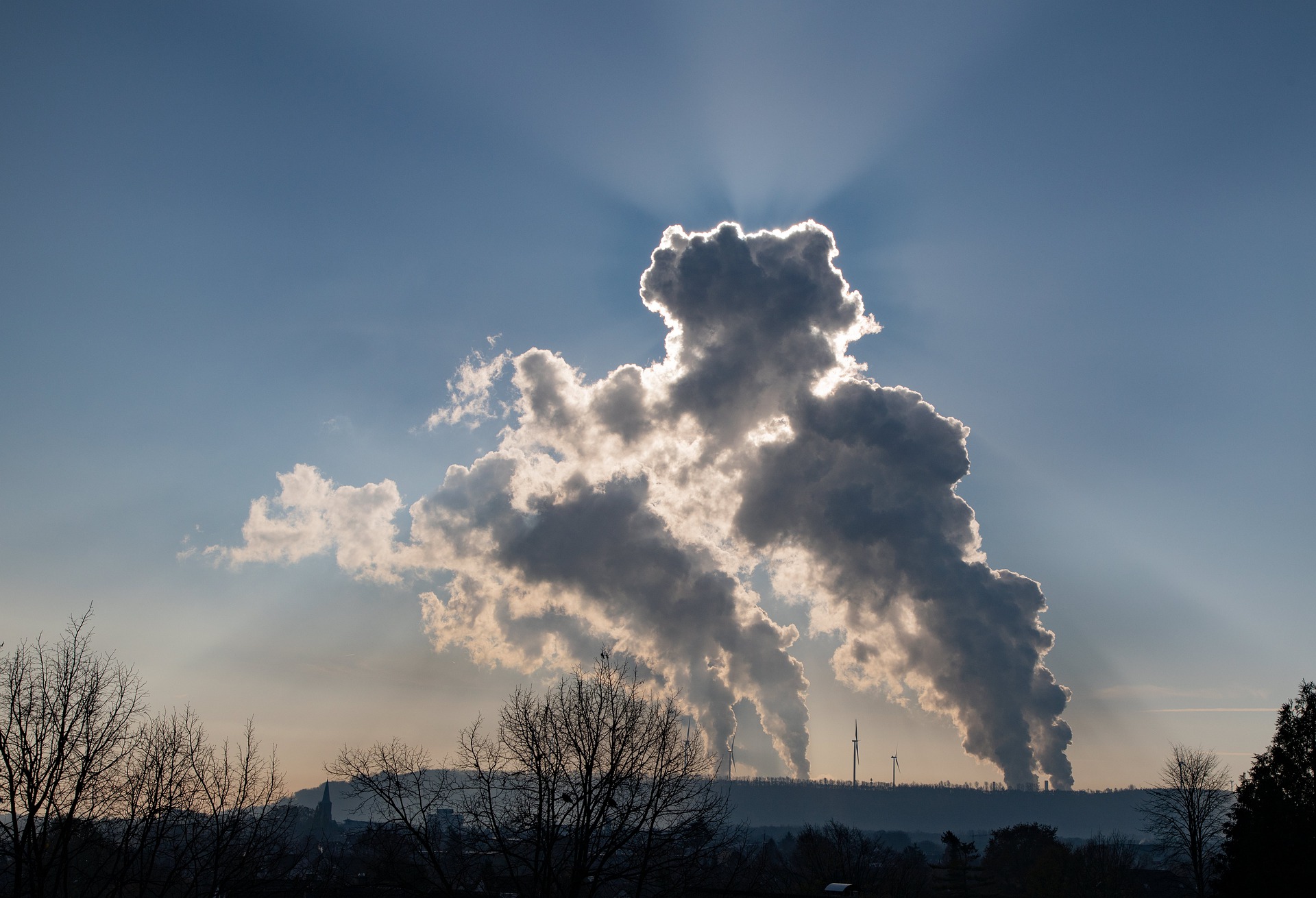Weak government targets on reducing greenhouse gas emissions are giving polluters a “free pass” to continue pumping carbon into the atmosphere, MPs have warned today.
MPs on the Environmental Audit Committee (EAC) have said that combining targets to reduce greenhouse gas emissions with targets to remove them is enabling polluting industries to rely on future carbon removal technologies instead of reducing emissions now.
Committee chair Phillip Dunne MP warned that sectors “averse or unable to cut emissions” are currently being enabled to “dodge their responsibilities” because of the combined target.
The EAC has outlined its concerns in a letter addressed to Kwasi Kwarteng, secretary of state for Business, Energy and Industrial Strategy, (BEIS) asking for explanation and clarification around the government’s plans for carbon removal.
The letter follows evidence heard by the committee as part of its enquiry into negative emissions technology and what role it can play in the transition to net zero.
While the government’s pathways to net zero rely heavily on greenhouse gas removal, the EAC said it has heard evidence that these technologies are in their infancy, with little clarity over when and how they can be deployed.





